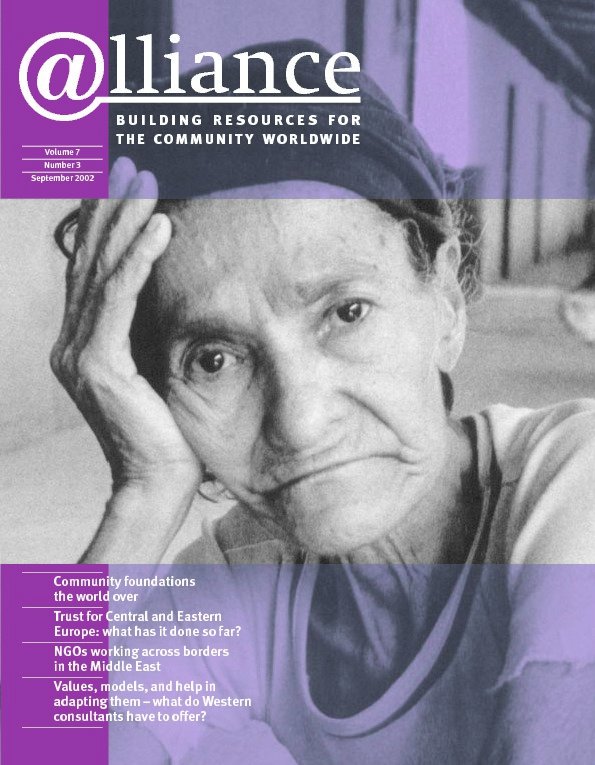As a young man I wanted to work for the benefit of the underprivileged. I got involved with a number of different groups. But I saw that it wasn’t enough just to give people material help; material things alone could not make them happy. I saw that many of the problems people faced were caused by a lack of understanding and confidence. People thought that it was their fate to be poor, so they didn’t think there was any point trying to do something about it. They needed a new way of looking at their problems.
At that time I had a very strong faith in Buddhism because it teaches that it is possible to change yourself. Buddhism teaches you not to blame your suffering on other people. I realized that, if things were going to improve for my community, we would have to help ourselves. For that reason I couldn’t go along with groups that advocated political agitation. I could see that the only way to bring about real change was for individuals to change themselves.
Many groups try to work with poor communities. But often people do not trust them because they can see that these groups are really motivated by political ambition. People trust us because they can see that we are not at all interested in power or prestige.
Our commitment is to making personal contact with people. We always try to be very positive in our approach. We do not criticize other groups or other religions. We do not differentiate between Buddhist and non-Buddhist homes. We just go out to people in need and try to help them without imposing any conditions.
We have chosen Buddhism for ourselves but we do not try to force Buddhism on the people we help. We try to see human beings simply as human beings rather than as members of any caste or religious group. For this reason many people from non-Buddhist communities benefit from our work and are very appreciative of us. Sometimes they see that we are happier and more friendly than other people, so they decide that they want to become involved with Buddhism themselves. But that has to be their choice without any persuasion from us. Our aim is simply to help people grow and develop as human beings.
I am often struck by how deep-rooted the caste system is in Indian society. You don’t see so many obvious signs of it nowadays, it has gone underground. But it still exerts a subtle influence over people’s ways of thinking. A big problem for us is that many people from poor communities still tend to think of themselves as inferior and this holds them back from trying to get jobs outside their own communities. Another problem is that often a poor community will be divided along sub-caste lines and this makes it very difficult for people to cooperate with each other together to bring about positive change.
For these reasons it is not enough just to work for people’s material well-being. Even political change will not really make very much difference if underlying attitudes don’t change as well. This is why our projects try to help people to change their own minds as well as their material situation. I believe that we cannot really transform society without at the same time changing ourselves. The two things cannot be separated. This is what we mean when we say that we are a Buddhist charity.


Comments (0)